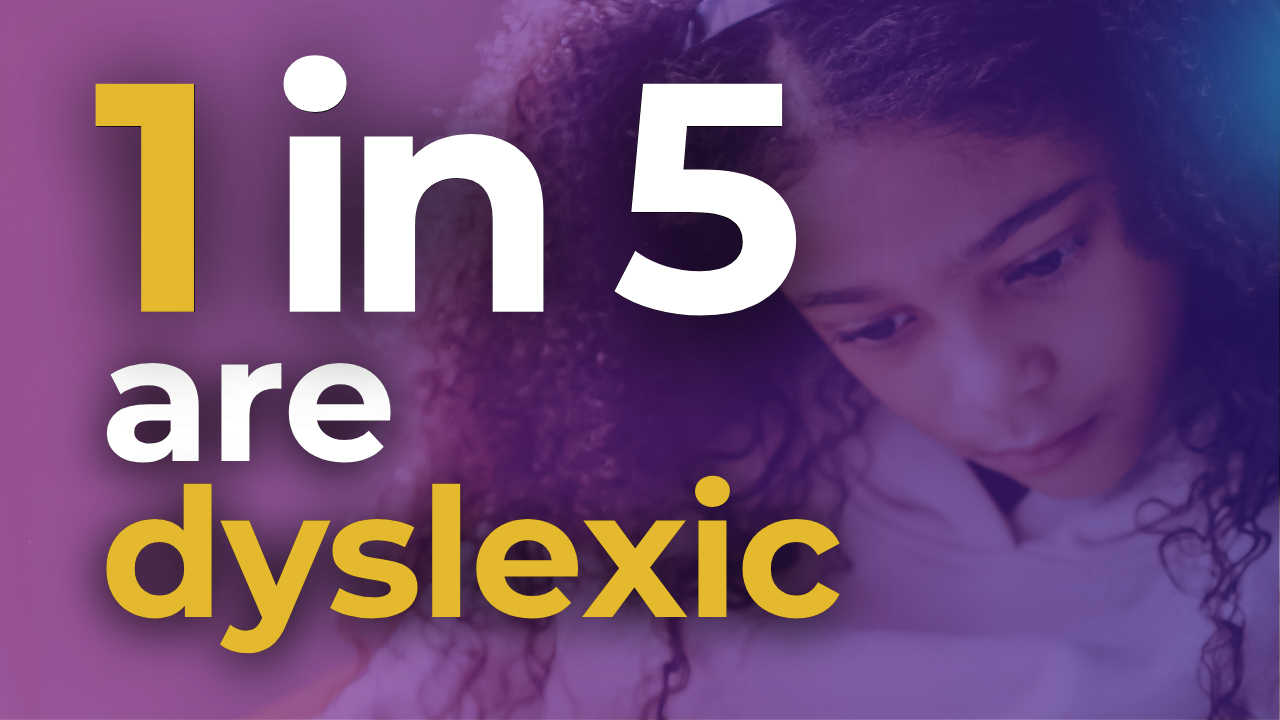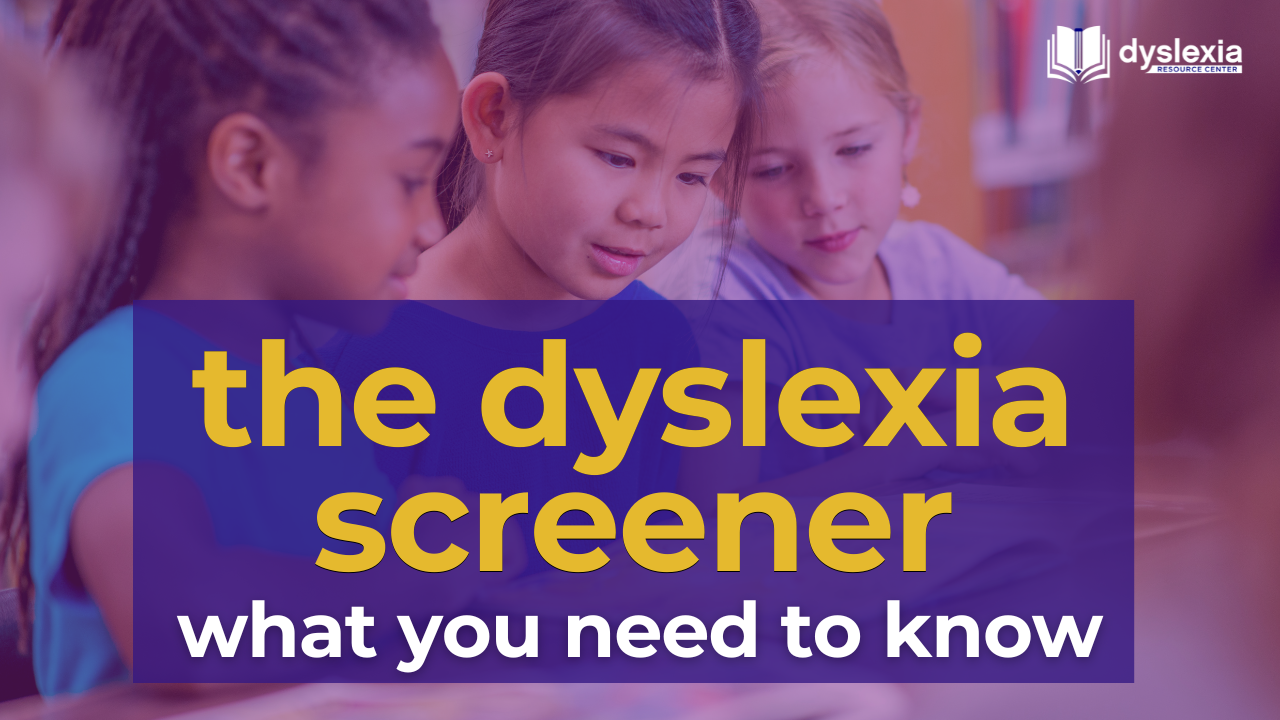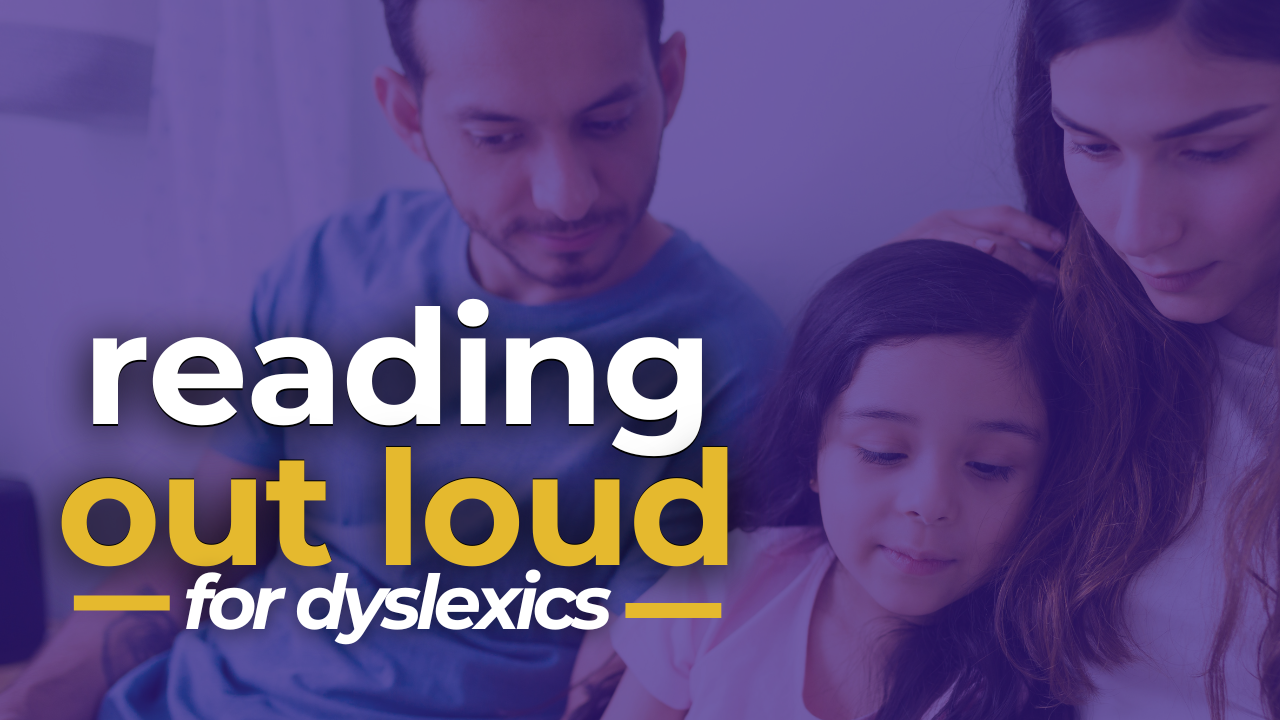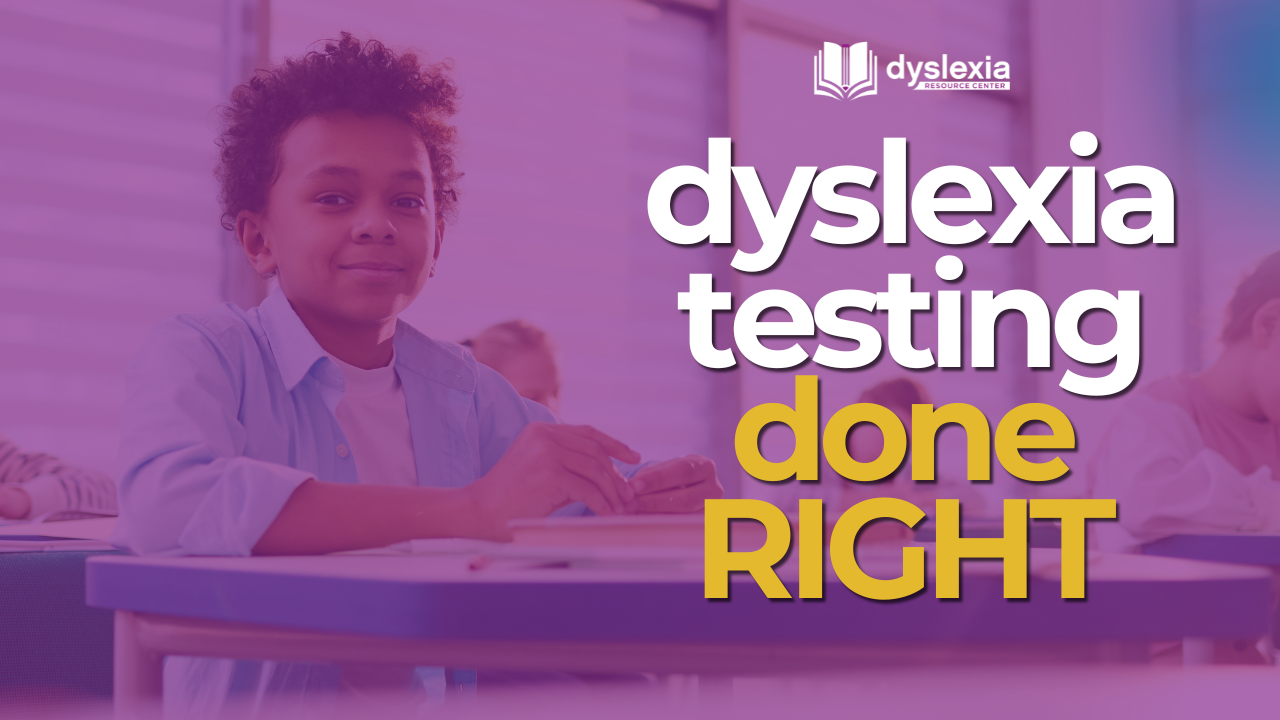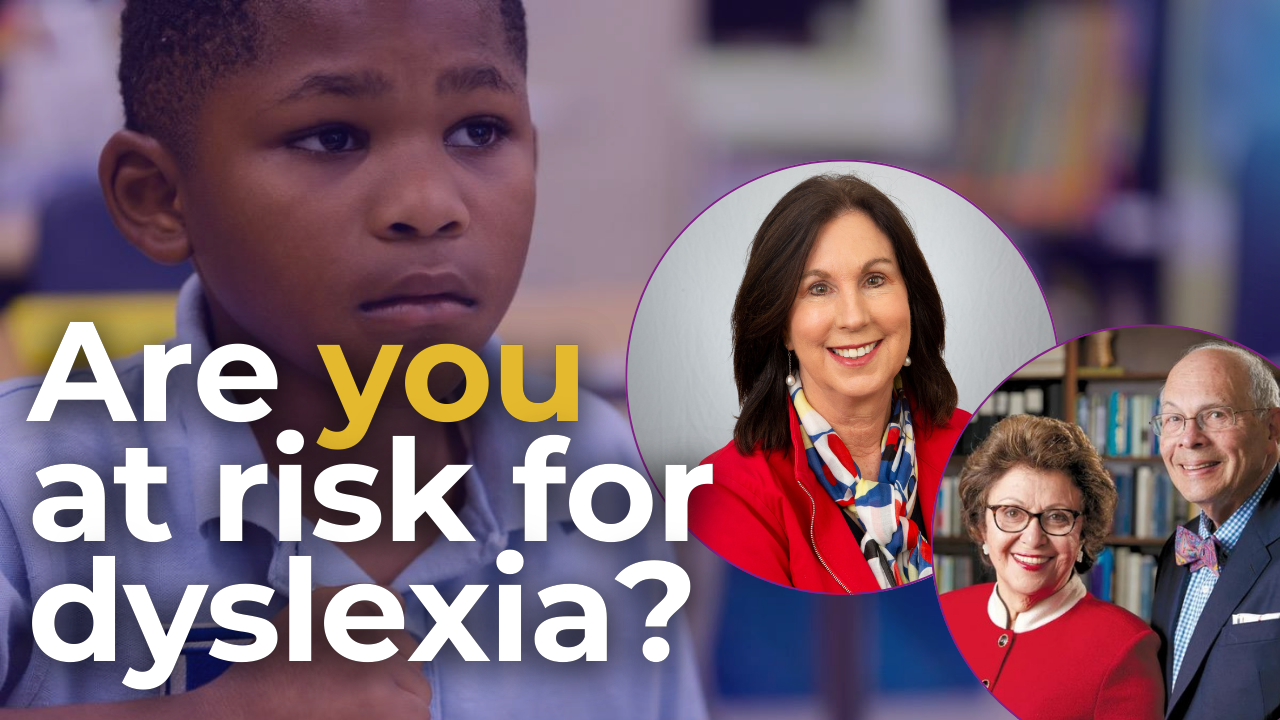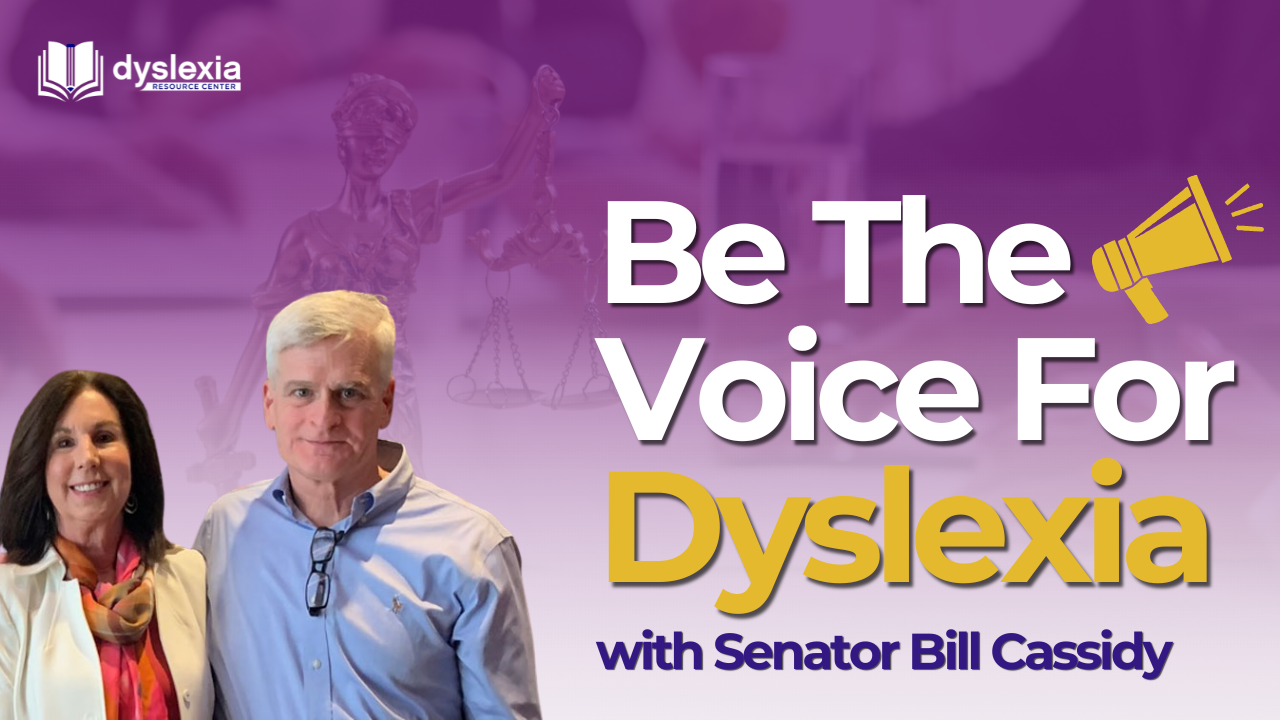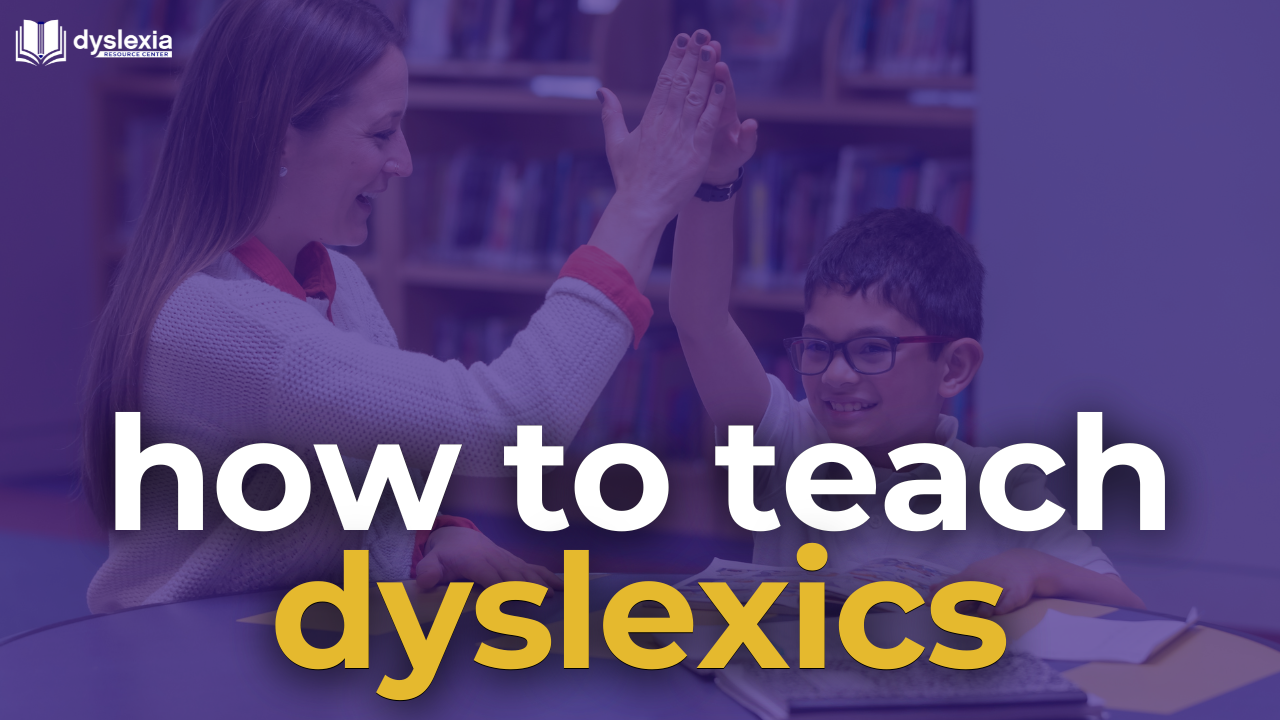When and Why To Screen Children For Dyslexia

There are two important reasons for universal screening of children in kindergarten and first grade:
1. A large achievement gap in reading is present in the first grade between dyslexic and non-dyslexic students. This gap does not go away. Waiting does not improve outcomes.
2. We can identify children with dyslexia in kindergarten and first grade and enroll them in an evidence based program. Waiting does not improve outcomes.
Without screening and identification, we know these children have a greater chance of dropping out of high school, not enrolling in college, earning decreased wages and a greater likelihood of incarceration. Waiting does not improve their outcomes.
A screening test for dyslexia (the DRC uses the Shaywitz Screener) should be reliable and easily administered. The Shaywitz Screener is administered by the child’s teacher. The teacher, after spending months with the child in the classroom is the person most likely to accurately assess the lack of skills that would identify a child who is “at risk” for having dyslexia. The goal is to see which children are at risk for dyslexia. Once identified, additional testing must be undertaken to ascertain which children are dyslexic. Once identified as dyslexic, the children should be in a group of six or less with a teacher who is truly knowledgeable about dyslexia and instructs the child in phonological awareness and letter identification (as outlined by the National Reading Panel and addressed by What Works Clearinghouse). This should take place for ninety minutes daily and include reading out loud.
Currently, children in the early years of school are identified as struggling academically and given help (usually in reading) without screening for dyslexia. The child is often tested after six weeks and deemed either “ready” to stay in the regular classroom or “needs additional” help.
So, the child has been identified as struggling academically, given additional resources, and tested on whether to return to the regular classroom. Again, this has all been done without any screening for dyslexia. We know dyslexia is common and and is responsible for an achievement gap in reading in the first grade.
This is “with holding” life changing treatment and using valuable resources irresponsibly.
If a patient went to their doctor with a sore throat, the doctor would inspect the throat. If there was an infection, often a swab for Strep throat would be done. The swab goes to the lab for testing and if positive, the doctor gives the patient the antibiotic suitable to eradicate the streptococcus bacteria. The doctor would not look at a possible Strep infection and send the patient home with a lozenger nor would the doctor swab the throat, get a diagnosis of Strep, and not give the appropriate antibiotic.
Our knowledge of dyslexia is specific like that of Strep throat. Not identifying and giving a dyslexic child evidence based resources is harmful to the child and wastes limited money that should instead be spent to improve outcomes.
